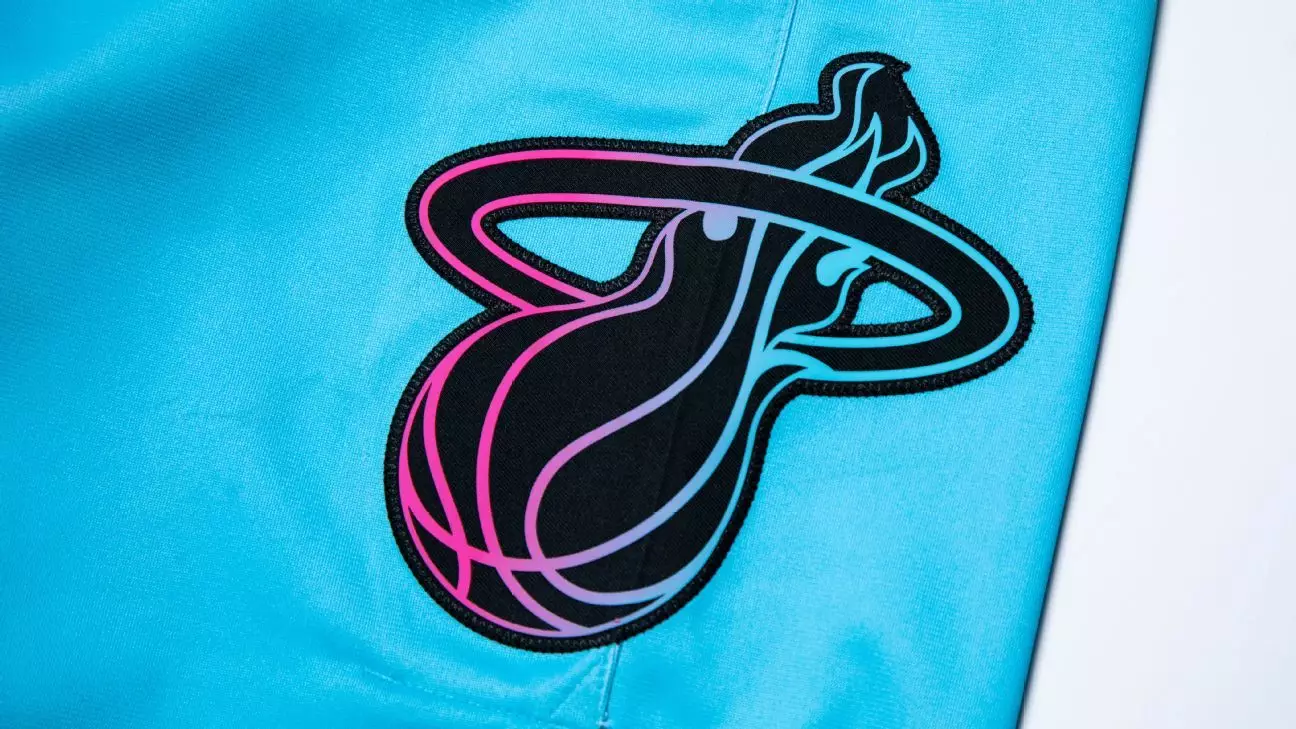In an astonishing breach of integrity, a long-standing security officer associated with the Miami Heat has shattered the trust placed in him, revealing a disturbing trend of how greed can corrupt even those sworn to protect. Marcos Thomas Perez, a 62-year-old veteran with nearly three decades of law enforcement and team security experience, now finds himself on the wrong side of the law. His indictment exposes a calculated scheme to siphon millions in memorabilia, a stark reminder of vulnerability lurking within the seemingly secure walls of professional sports franchises. This case underscores a harsh reality—security personnel with access to high-value assets can be exploited, transforming guardians into perpetrators. While many fans view teams as fortress-like entities, the recent events demonstrate that internal threats can be as damaging, if not more so, than external ones. The betrayal isn’t merely financial but erodes the faith fans and organizations place in the integrity of their trusted personnel.
The Mechanics of a High-Stakes Heist
Perez’s involvement in alleged theft revolves around exploiting his access to secure storage areas within the Miami Heat’s facilities. Working on game days at the Kaseya Center, he had exclusive access to a restricted memorabilia storage room—an area intended to showcase the team’s history and celebrate its legacy. Instead, he reportedly accessed this vault multiple times over three years, stealing more than 400 jerseys and other valuable objects. The calculated nature of his operations is revealed by the deliberate sells to online brokers, often at bargain prices designed to maximize illegal profits while minimizing suspicion. Over this period, Perez is accused of selling over a hundred stolen items for approximately $2 million, including a LeBron James jersey worn during the NBA Finals—a piece with enormous sentimental and monetary value. The fact that one of these jerseys eventually fetched $3.7 million at Sotheby’s auctions highlights the monumental worth of these stolen artifacts and the considerable downfall of systems meant to safeguard them.
The Broader Implications and Ethical Concerns
This sordid episode raises critical questions about oversight and accountability within professional sports organizations. How did someone with such privileged access operate undetected for years? It suggests gaps in internal security protocols and underscores the importance of rigorous checks and balances. Beyond the technical flaws, this scandal touches on moral decay—how personal greed can override professional ethics. Perez’s dual career, as both an officer and an employee of the Miami police department, makes his actions even more reprehensible. It emphasizes that trust must be earned and maintained, not assumed, regardless of an individual’s resume or past service.
While redirection efforts and technological safeguards can prevent such breaches, ultimately, organizations need to foster a culture of integrity that discourages exploitation of confidence. This situation serves as a sobering lesson: seemingly impenetrable security systems can be compromised if internal individuals prioritize profit over loyalty. The case of Marcos Perez isn’t just about stolen jerseys; it’s a glaring warning about the importance of vigilance, accountability, and the ethical responsibilities that come with access to invaluable assets.


Leave a Reply